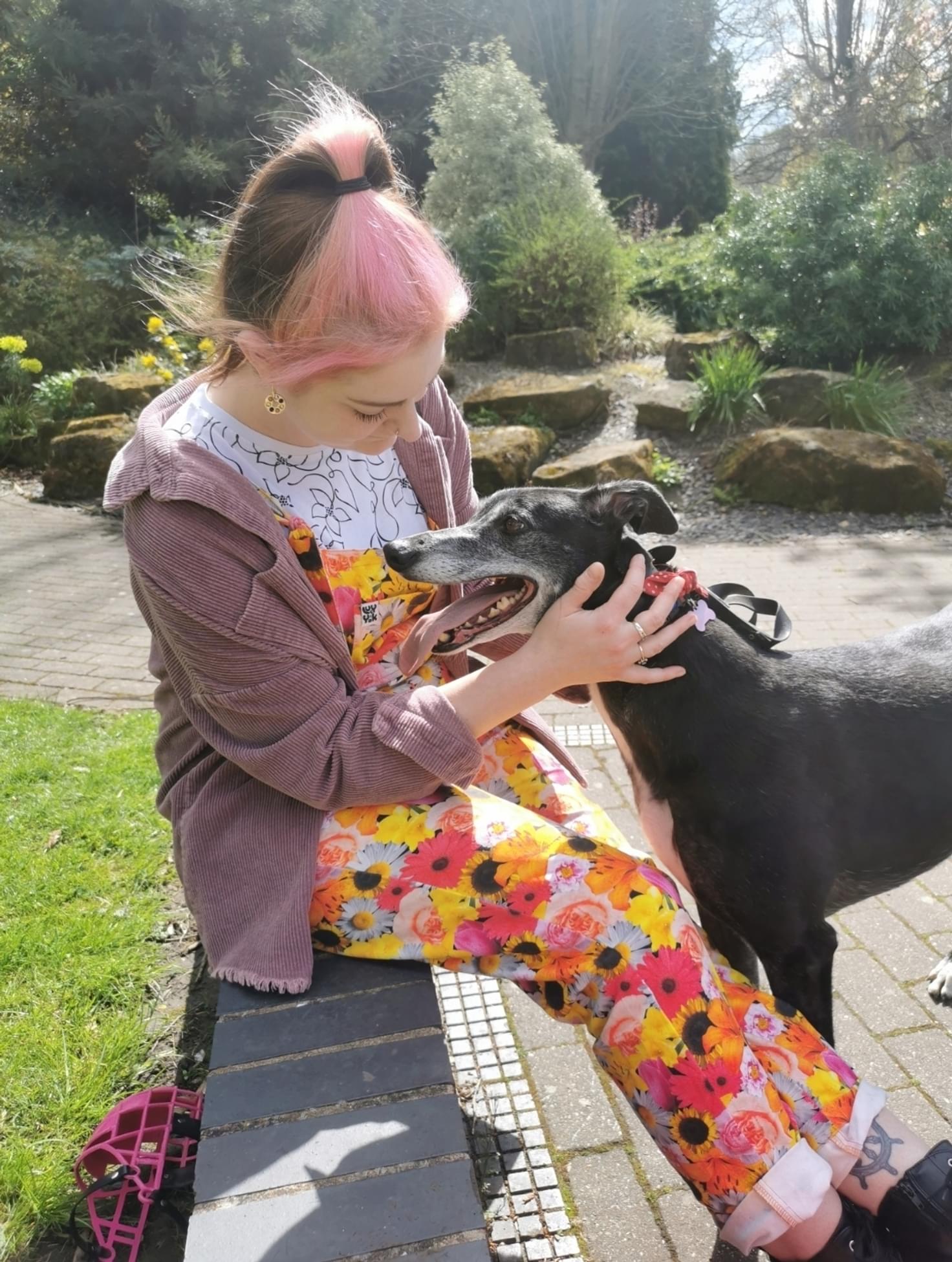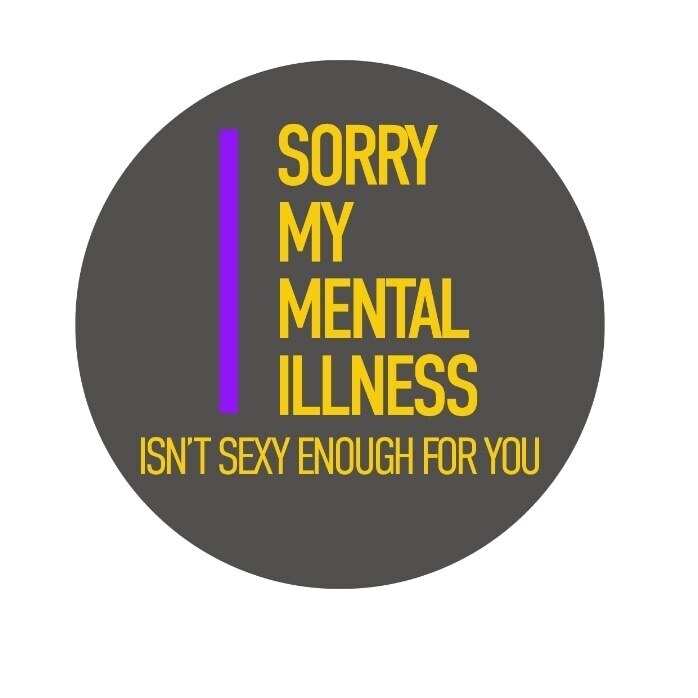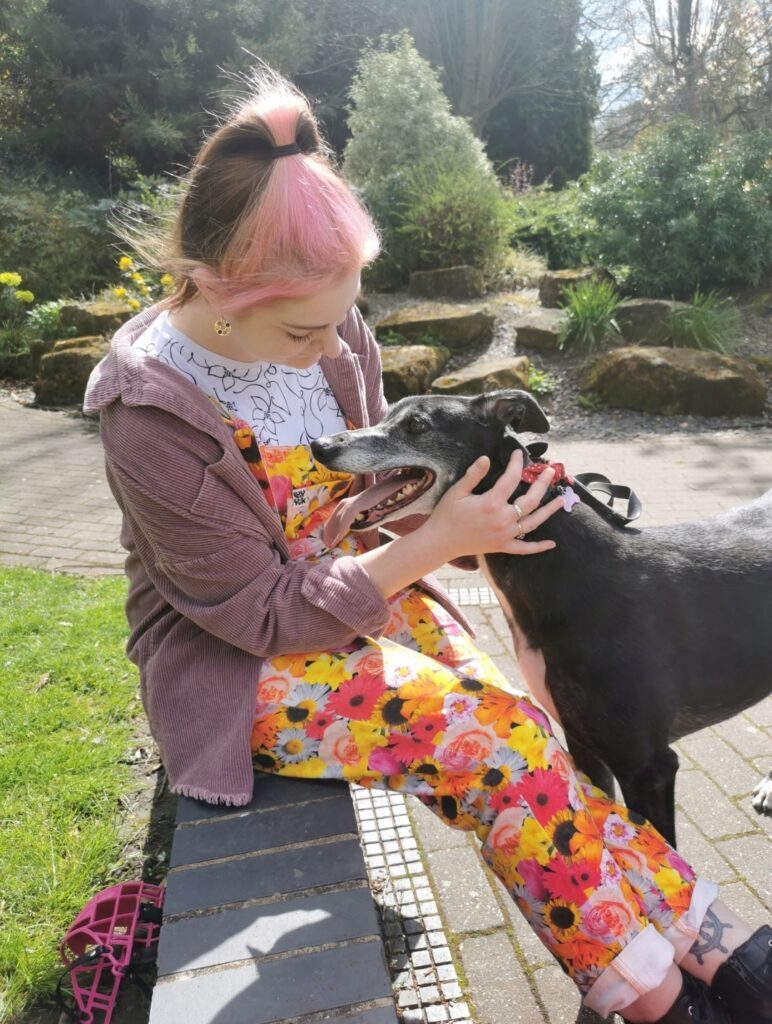
Words by Abi Scaife
It's only in recent years that the conversation surrounding mental health has changed from one of judgement to one of compassion. But even now there are exceptions - some mental illnesses are seen as more acceptable, while others are seen as more ‘taboo’.
For people who suffer from mental illnesses such as Borderline Personality Disorder or Narcissistic Personality Disorder, it can be incredibly isolating. While your healthcare professionals are there to help, they often talk about the That is why two friends decided to set up the nonprofit: ‘Sorry My Mental Illness Isn’t Sexy Enough For You’.
At Sorry My Mental Illness Isn’t Sexy Enough For You, also known as Lives Not Labels, Katja and her friend and co-founder Kay are dedicated to breaking down the negative stigma associated with mental illnesses. In particular, they focus on illnesses that either are rarely spoken of or get a lot of negative press - like personality disorders.

“I was diagnosed with Borderline Personality Disorder in March 2021,” says Katja. “It was quite a long process to gain that diagnosis. And a lot of it was down to the fact that, although I have symptoms of BPD, it was quite difficult to tell what they actually were because I am what most people would probably describe as ‘high functioning’. I have a job, a family, I work full-time.”
Proving that mental health treatment is an ongoing process, Katja’s own diagnosis has recently changed. According to Mind UK, the mental health charity, it isn’t uncommon for people’s diagnoses to change throughout their lifetime - just one more thing that makes diagnosing and treating mental illnesses more complex.
“You don't really ever hear about the unpleasant side of mental illness that people don't like to talk about because there isn't (at the moment) a very positive way that you can spin those,” explains Katja, about the name.
“So, we decided that if we were going to talk about mental illness and share lived experience, then it had to be across the board. And it had to include those mental illnesses that the media don't find very sexy, so to speak.”

Studies have shown just how media representation can affect public perception of mental illness. Whether it takes the form of a TV show or movie, an ill-informed documentary, or an article, what people see of mental illnesses in media directly affects their opinion.
“In October 2021, me and my friend, Kay set up ‘Sorry My Mental Illness Isn’t Sexy Enough For You’. We've been friends for a really long time,” explains Katja. By sheer coincidence she, and best friend since age 11 Kay, both have personality disorders.
“We were talking about our diagnoses and saying … although it's really easy to type BPD, or whatever mental illness into Google and see lots of information, you couldn't really find any about lived experience. So because we couldn't find much in the way of that kind of resource out there. We decided to set it off ourselves.”
Sorry My Mental Illness Isn’t Sexy Enough For You is a website where people are able to share their own stories and experiences of mental illness. Whether they themselves have a mental illness, or it's their partner or family member, everyone is welcome to share their experience.
The stories are submitted anonymously, in both English and German, which Katja translates, to allow as many people as possible a safe space to talk about their experiences with mental illness.

Sorry My Mental Illness Isn’t Sexy Enough For You has made huge waves online, with positive feedback from posters and readers alike. Katja has had feedback from those who know someone with a mental health problem, who have found greater understanding and empathy from using Sorry My Mental Illness Isn’t Sexy Enough For You; which is just the difference she was hoping to make.
But, perhaps the biggest impact, was also the most unexpected.
“One of the really nice things for us has been that when we've looked through lists of subscribers, there's a lot of mental health professionals that are using the site as well, to educate themselves and see what life is like for the people that they're working with.
"And that for us is so important.”
This article aligns with the UN SDG Good Health and Wellbeing.